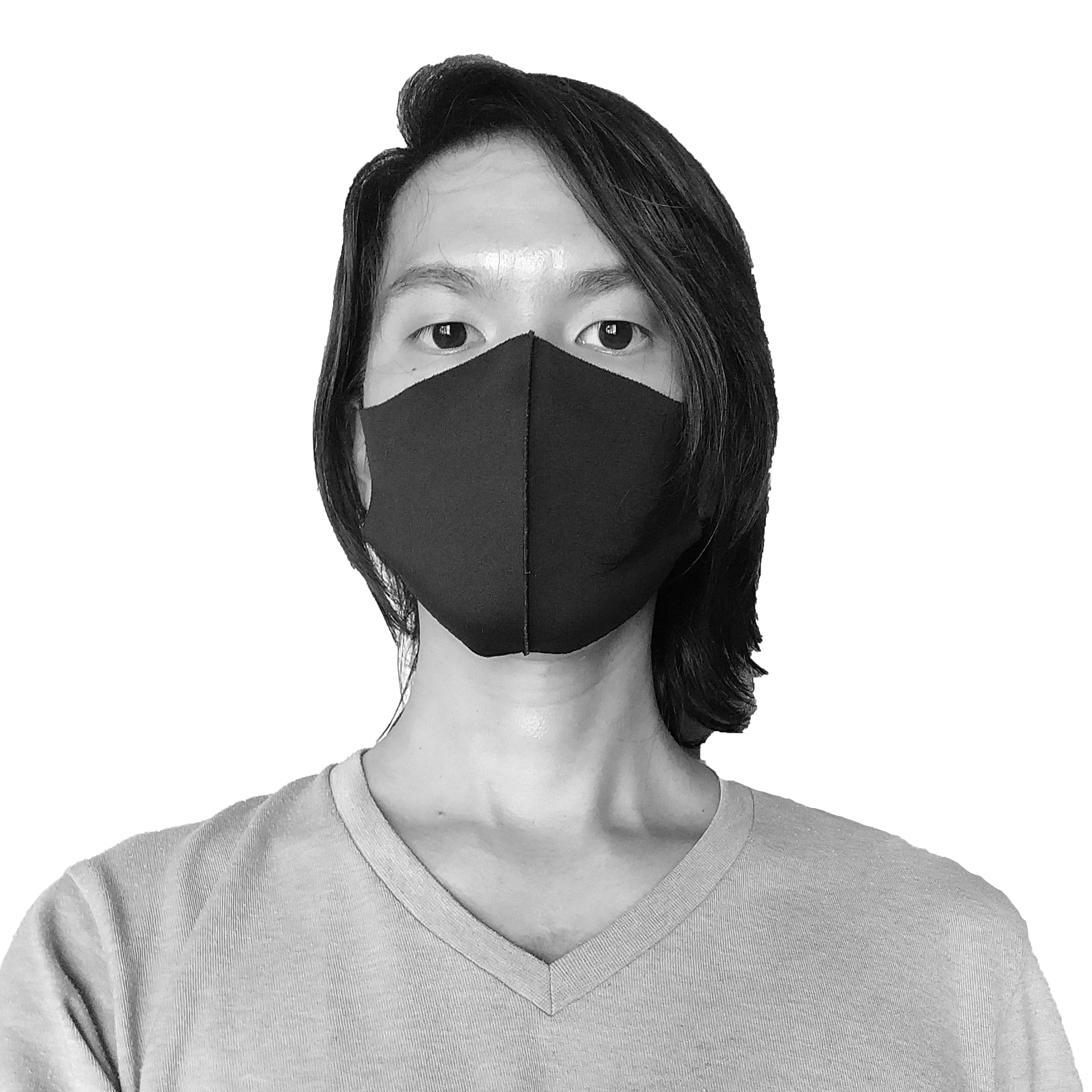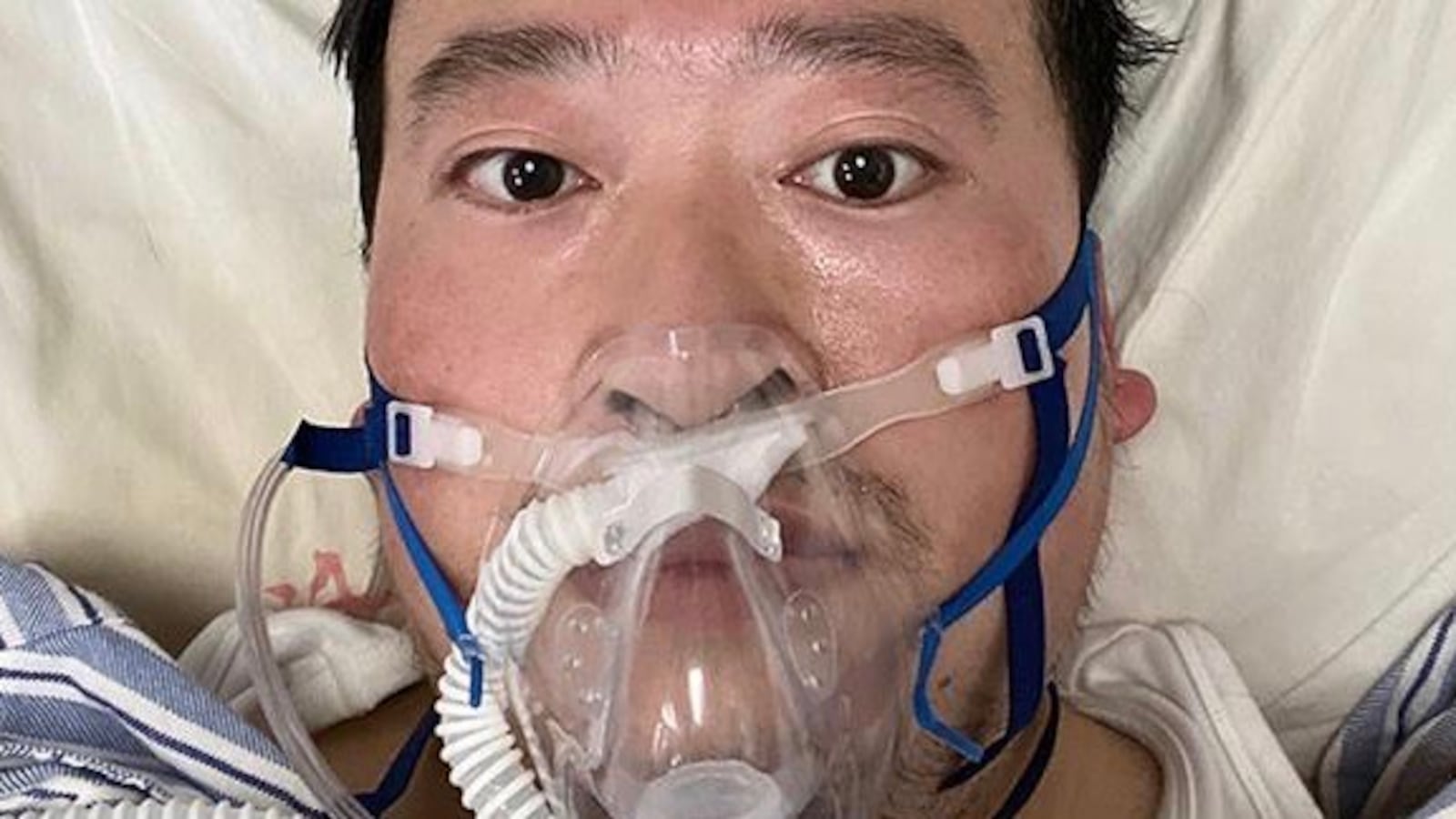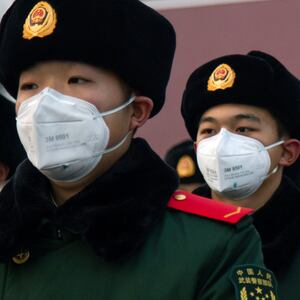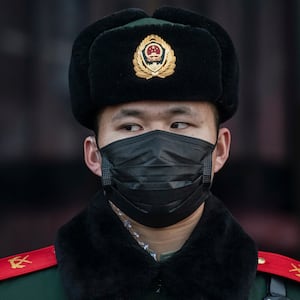HONG KONG—On Thursday night, Dr. Li Wenliang’s heart stopped. Only 34 years old and normally in good health, Li had become a hero to millions of Chinese for his efforts in December to warn about the coronavirus outbreak in Wuhan. And because of his popularity—aware that his death from the same sickness might spark nationwide acrimony—the physicians overseeing his treatment spent more than three hours trying to resuscitate him.
According to an individual who was in the room and later spoke to a local reporter, one of the doctors trying to keep Li alive ordered the others, “Buy time for the organization [China’s leadership] to respond.”
In other words, authorities wouldn’t allow Li to officially die. Even as his body gave out, the Chinese Communist Party manufactured a narrative of gallant attempts to keep him breathing. And they were right to be concerned, because Li is now viewed by the public not only as a victim of the raging epidemic he tried to stop, but as a martyr for free speech.
Under CCP rule, it is common to see people with talent, heart, and backbone ending up as targets. Eventually, they are pulverized, leaving the party’s voice as the sole source of information dictating what happened. For a moment, Li managed to break that impasse.
In December, Li was treating a cluster of patients suffering from a virus apparently picked up at a meat and poultry market in Wuhan, a city in central China with a population greater than metropolitan Chicago. Li sent messages to a chat group of medical school alumni wondering if SARS—the Severe Acute Respiratory Syndrome that killed nearly 800 people worldwide in 2002 and 2003—had returned.
He was arrested by police and accused of “spreading rumors.” They said to him, “We hope that you will calm down and reflect well, and we solemnly warn you: If you are stubborn and maintain your own view, and show no remorse, and continue to conduct illegal activities, you will be punished according to the law.”
It was all part of a cover-up that has spun out of control and led to the global spread of the deadly virus.
Officially known as 2019-nCoV, it is forcing ever more cities in China to shut down partially or completely and many people, confined to their homes, go online to connect with others. Mainly they used WeChat, the country’s most popular social network. On Thursday night and Friday morning, nearly every post made by private individuals on the platform was about Li.
Government authorities quickly issued censorship instructions to media outlets: “Regarding the death of Doctor Li Wenliang of Wuhan Central Hospital, rigidly adhere to standard sources,” they warned. “It is strictly forbidden for reports to use contributions from self-media, and sites may not use pop-up alerts, comment, or sensationalize. Safely control the temperature of interactive sections, do not set up special topic sections, gradually withdraw the topic from Hot Search lists, and strictly manage harmful information.”
But on Friday the outpouring of grief on WeChat feeds continued. In particular, one verse that poetically exalts self-sacrifice for the greater good is quoted frequently: “He who holds firewood for the masses is the one who succumbs to the cold in blizzard and snow.”
People in China are bitter, frustrated, exhausted. In Li’s passing, they see the CCP’s failure to protect Chinese citizens at a critical time. Locked in their homes with no end in sight, people might feel safe and adequately cared for, but the promise of caged comfort disintegrated as the nation faces a crisis.
After news broke that Li had died, two hashtags quickly became trending topics on Weibo, a Chinese social-media platform similar to Twitter. One demanded an apology from the Wuhan government on Li’s behalf. The other was simpler: “We want freedom of speech.”
Both topics hit five-figure mentions before the Party’s censors took them down. But rage seethed throughout the country, particularly in Wuhan. At around 6 a.m. Friday morning, another topic was trending on Weibo: “We demand freedom of speech.” Posts with that tag racked up 3 million views before censors erased them.
Meanwhile, Global Times, a nationalistic state-run media outlet that functions as a mouthpiece of the Chinese Communist Party, called Li a “whistleblower,” appropriating his efforts to contain the virus at its early stages by placing upon him an official endorsement.
Little is known about the coronavirus that has, as of a little past noon Friday local time, infected more than 31,000 people and killed 637 patients. (Those are the official figures; virology experts and doctors in Hubei warn that the actual numbers run much higher.) What we do know is this: It’s infectious, even flu-like in that regard. And we also know that its current footprint—concentrated in China but present on multiple continents—is the consequence of human greed and CCP apparatchiks’ overarching need to cling to power.
After Li was pronounced dead, medical workers visited the intensive-care unit where he was receiving treatment. Still wearing hazmat suits, goggles, and medical masks, they took turns stopping in front of the doorway to take deep bows, paying their last respects.
Li’s death was unexpected. He was young and healthy, and people thought that perhaps because he was a doctor helping those who had been infected, perhaps because he was one of the first people to realize what was about to happen, that he would receive the best care possible. But that is not the case in China right now.
One doctor in Hubei with whom I spoke said more than two-thirds of his staff had been infected, but it’s unlikely they’ll receive treatment any time soon. Even if hospitals all over the province weren’t already slammed, regulations say that all medical personnel who fall ill because of their constant exposure to sick people need to join the backlog like everyone else. There are simply too many people who need medical assistance.
Li, perhaps sensing that his condition was worsening each day, shared his thoughts in an interview in early February with Caixin, a Beijing-based publication that has a team of reporters who chose to remain in the infection zone when blockades and roadblocks were going up. “A healthy society should not have just one voice,” he told them.
It’s a message that is being posted and reposted on WeChat and Weibo millions of times in China, unifying many voices that normally stay silent. When a nation thinks of him, 1.4 billion people recall that he did the right thing, and the government failed them—and Li—in ways that cannot be remedied.








